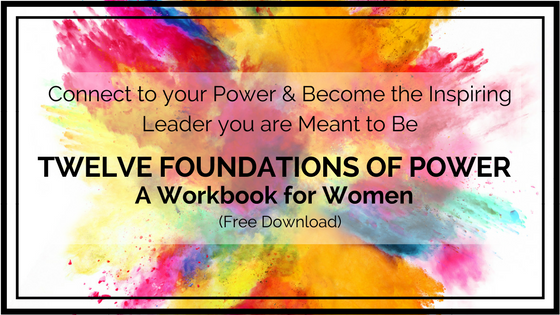Power. It’s a big & loaded word, but what does it mean really?
In the past I would have understood power as my ability to get what I want, have what I want, and as money, success, influence, connection, position, status. If I was failing at these things I was not powerful. Or at the least, there were so many people out there with so much more power than me.
Then, as my spiritual practice and understanding deepened I realized that in fact, true power lay first and foremost in my ability to reside in a beautiful, clear, loving yet unattached state of being, no matter what.
This continues to be true.
And - my understanding also continues to deepen…





